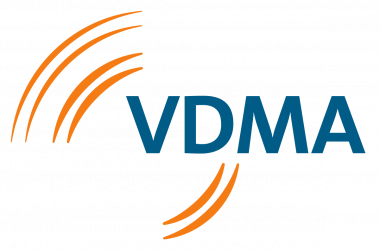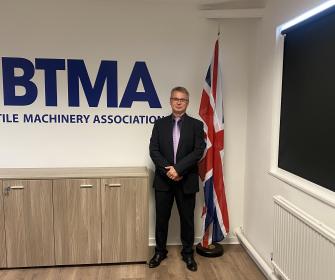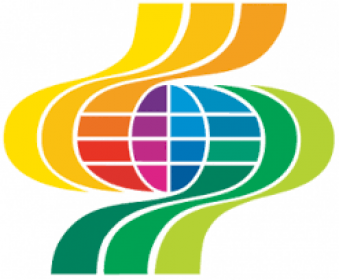TMAS has appointed three new members to its board
Jerker Krabbe of Eton Systems, Semir Paclica of Baldwin Technology and Sven Öquist of Coloreel will contribute a wealth of experience from a wide range of industries to the Swedish Textile Machinery Association.
Jerker Krabbe joined Eton Systems, one of the leaders in intelligent overhead conveyor systems, as CEO six months ago, and has more than 25 years of commercial, operational and international experience within several well-known companies such as Electrolux, Husqvarna, Gunnebo and Assa Abloy, and most recently as CEO of Sector Alarm AB.
Semir Pavlica has a master’s in finance and started his career at the SEB banking group before joining Baldwin Technology five ago. He is now managing the company’s process improvement and performance.
Sven Öquist joined Coloreel as Vice President of Sales in April this year. He has an international background with previous positions as Managing Director/CEO for a number of Swedish companies. He has also led the global sales team at Polestar, the electrified brand of Volvo Cars.
TMAS Swedish Textile Machinery Association Eton Systems Baldwin Technology Company Inc. Coloreel
TMAS / AWOL Media



































